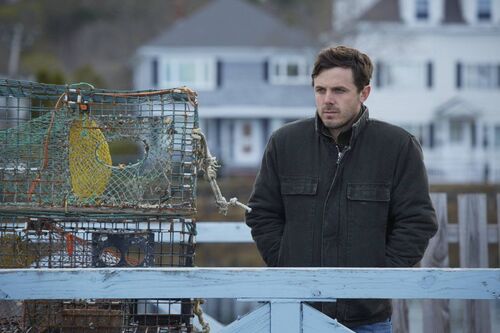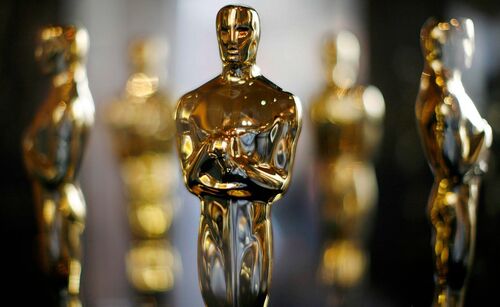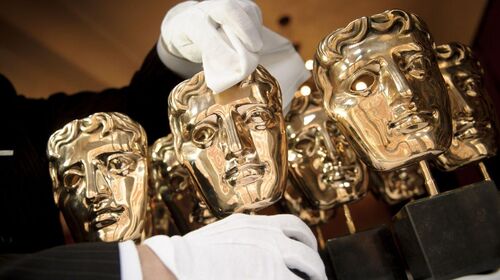
Interview with Computer Chess director Andrew Bujalski
 We had the chance to sit down and have a chat with Computer Chess maverick writer-director Andrew Bujalksi about his off-beat comedy drama and his take on the current climate of independent filmmaking. Here is what the mumblecore pioneer had to say...
We had the chance to sit down and have a chat with Computer Chess maverick writer-director Andrew Bujalksi about his off-beat comedy drama and his take on the current climate of independent filmmaking. Here is what the mumblecore pioneer had to say...
[b]JAMES ARTHUR ARMSTRONG:[/b] How did Computer Chess come about?
[b]ANDREW BUJALKSI:[/b] It's difficult to reconstruct, really — for many years it was a fondly held fantasy project occupying a happy chunk of my subconscious. Whenever I got tired of trying to think "commercially" (never my strongest skill) I would seek refuge in the craziest idea I had, which was this. I know that the spark of it, before anything else, was the desire to try to conceive a story that would make sense in this abandoned visual language of black-and-white analog tube video. It doesn't really look like anything that came before or since, and I felt like there might be some great, unexplored territory.
[b]JAA:[/b] Chess is generally perceived as a game played by intellectuals and hardly boasts the glamour or sex appeal that would make it a stimulating topic for a film, let alone a comedy. What attracted you to this subject?
[b]AB:[/b] I suppose glamour and sex appeal were not my top priorities with this movie... As for why I might be attracted to nerdy subject matter— it's inexplicable, really, as of course there's not a nerdy bone in my body... right?
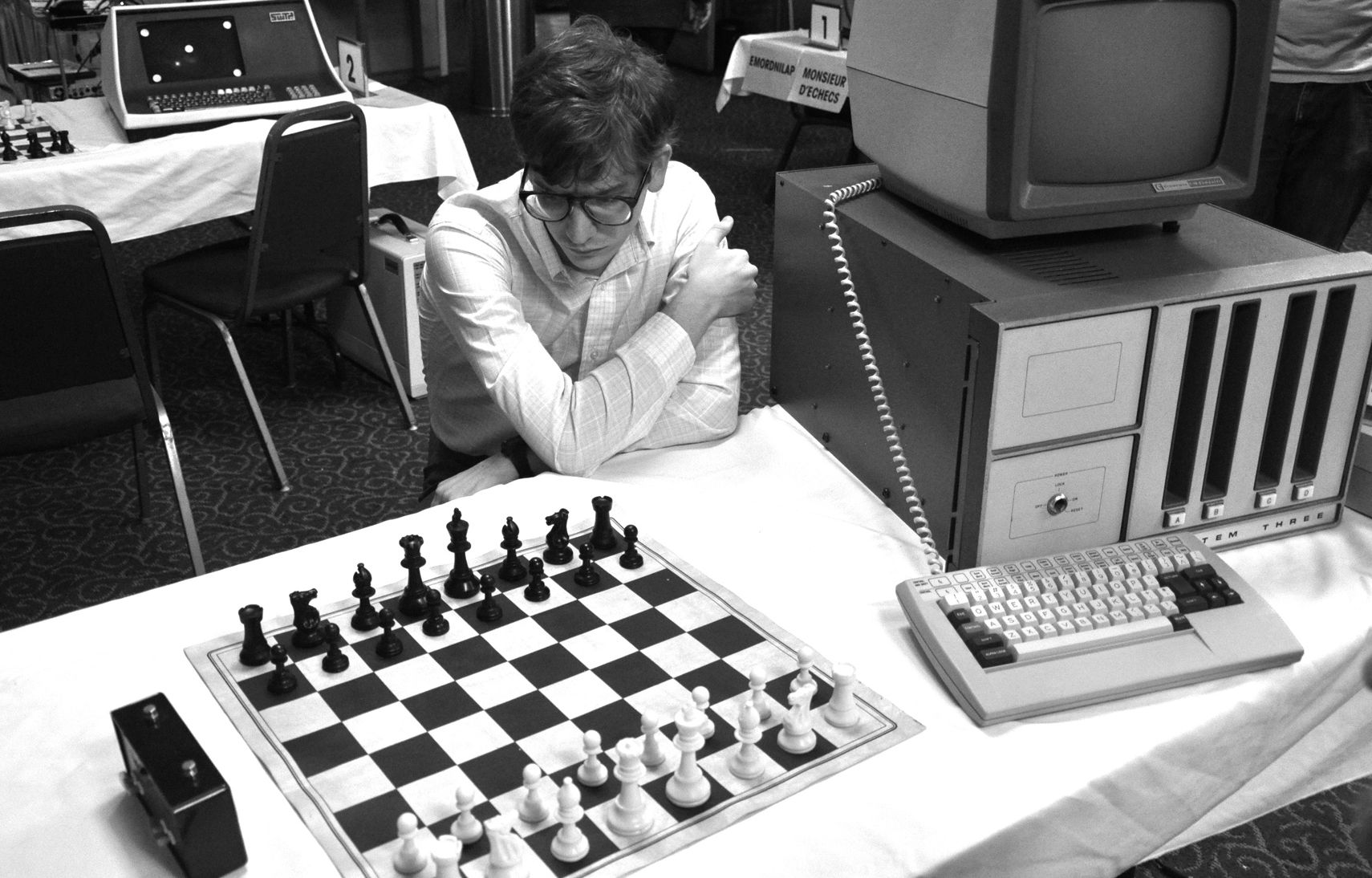
[b]JAA:[/b] Do you believe a film on chess could only be done in the comedy genre to help give it that wider appeal?
[b]AB:[/b] Well, again, for better or worse, I was not necessarily aiming for a broad market with this one. Indeed, I figured it was just about the oddest, most narrowly focused thing I could conjure. Which makes for a perverse irony in the fact that it *has* been so well received in the past year. I couldn't be more delighted, surprised, or honored that it's found an audience.
[b]JAA:[/b] Neither the game nor the players are shown in a particularly endearing light in the film, which I believe is one of the most attractive aspects of the story. Was it a conscious decision to depict the characters in that way?
[b]AB:[/b] Oh, I don't know. I've never been interested in putting characters on a pedestal, elevating them to mythic hero status—but I've also never wanted to rub their faces in the dirt. Ultimately I don't think I know how to tell a story in which I don't, on some basic level, like the characters. Even the more insufferable folks in this story are ones who's company I'd be happy to suffer for at least a little while. I think I'd have enjoyed myself attending this tournament.
[b]JAA:[/b] How much freedom did you give the actors in developing their characters?
[b]AB:[/b] As much as possible! Particularly in this movie where so many of the characters are computer scientists, a field in which I can only claim a very shallow, layman's understanding. Many of the actors, on the other hand, *are* real computer scientists, and I trusted them implicitly not only to understand their characters' work better than I could, but to understand the milieu in which those characters were operating.
[b]JAA:[/b] How do you think chess enthusiasts will react to your film? Have you had any feedback from professional players?
[b]AB:[/b] Ultimately the computer chess world is a very specific, oddball subset of the larger chess world, so I'd imagine the movie has more appeal to the computer folks than the chess folks per se, but I've been very gratified to hear (mostly!) positive response from both worlds. Of course the movie is too peculiar to satisfy everyone, no matter what your interests. And indeed, I was *most* nervous about the reaction from real computer chess programmers — people have every right to be defensive when they see "their" lives portrayed up on screen — but it was a great relief to me that people like David Slate and David Levy and Shay Bushinsky, who I'd encountered in my research, seemed to enjoy the movie.
[b]JAA:[/b] In terms if style, Computer Chess has a unique look and feel to it. What was your inspiration?
[b]AB:[/b] Certainly our grandest goal was to create something that felt unique. The challenge then becomes that it's difficult to know if you're doing a good job or not! When you're trying to make something conventional, you compare it back to similar, successful works and attempt to judge it by those criteria. But when you aim for unique, by definition you have no template, no map. Of course that's the fun of it.
I will say I took some inspiration from American public access television. I'm not sure if the equivalent exists in the U.K., but in the States, cable television in most markets is required to set aside one channel for which any member of the public may create programming. It is invariably — sometimes intentionally, sometimes not — the strangest stuff on television, and when I'm flipping through channels, I always stop on it and often find myself quite absorbed. There is a real joy in seeing all the rules broken.
[b]JAA:[/b] Is there a particular time or film(s) that lit a spark in you to pursue filmmaking?
[b]AB:[/b] My obsession with films goes back as far as my conscious memory! As a five year old I was already boring my parents to tears babbling about movies. Now I bore my wife and son to tears.
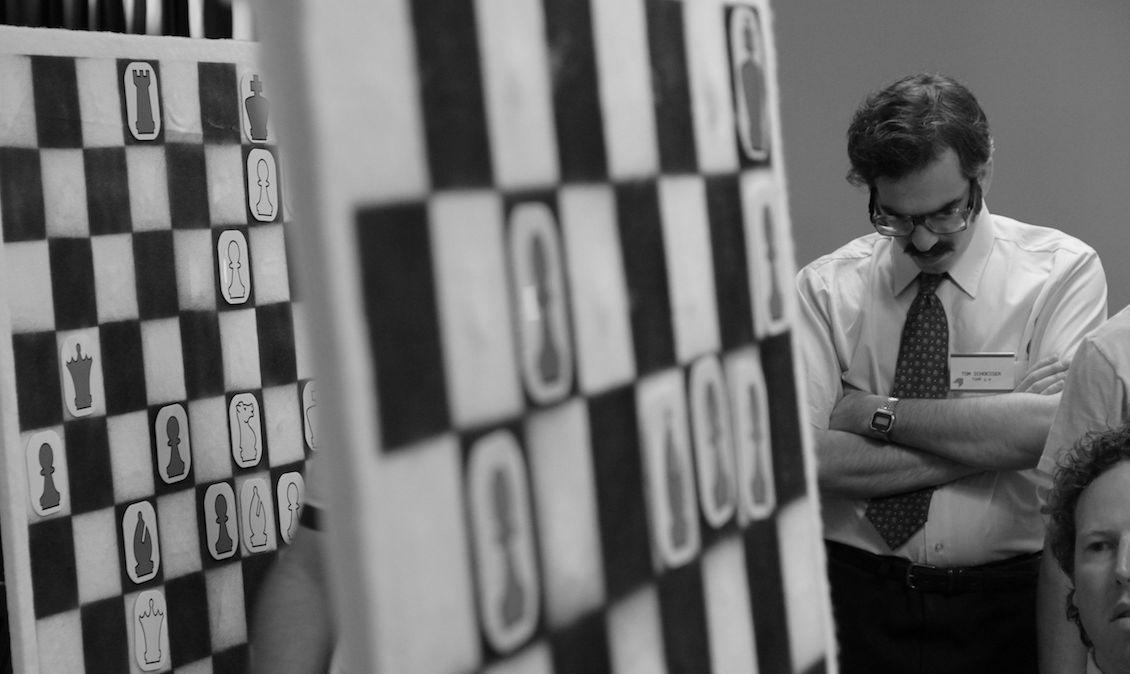
[b]JAA:[/b] You've been given the tag "mumblecore pioneer" - does it accurately describe you as a director?
[b]AB:[/b] I'm the last person to ask about that. I think that that kind of categorization and reduction is the business of journalists and critics — not me. Of course any filmmaker or artists hopes for a more thorough accounting of his/her work, but mostly we're happy to be noticed at all.
[b]JAA:[/b] What's your advice for filmmakers who are facing the daunting task of trying to raise money for their project?
[b]AB:[/b] Oh, it's brutal. Too often I feel like I see people lose years of their lives to chasing fundraising, only to find themselves depleted of all energy and enthusiasm by the time they — if they're lucky — actually get to make the movie. I suppose the only advice I can offer is to try to keep perspective! Know what kind of money you're looking for, why you think you need it, and what it's worth to you, artistically and personally. Money invariably comes with a price.
[b]JAA:[/b] Do you believe websites like Kickstarter and Indiegogo are here to stay in helping aspiring filmmakers fund their projects?
[b]AB:[/b] For the time being, certainly. It's a model that I have some misgivings about, but we did employ it on Computer Chess and I felt terrifically grateful to all the folks who supported us — that part is thrilling.
[b]JAA:[/b] Do you have any desires to step into the world of big budget filmmaking? Or do you think you're best suited to the independent scene?
[b]AB:[/b] For better or worse I am probably cursed with an "independent spirit," whatever that is, but yes absolutely I would love to be able to support my family, and not have my house foreclosed upon...And there are plenty of big budget movies that I like very much—though, frighteningly, it would seem fewer and fewer every year as studio movies seem to morph almost into a new art form that I'm not sure I understand! Still, I absolutely believe it's possible to make a big budget movie that I'd be excited about and for which my voice would be suited — I do hope to pull it off someday.
[b]JAA:[/b] What's next for you - any projects in the pipeline?
[b]AB:[/b] Watch this space...
